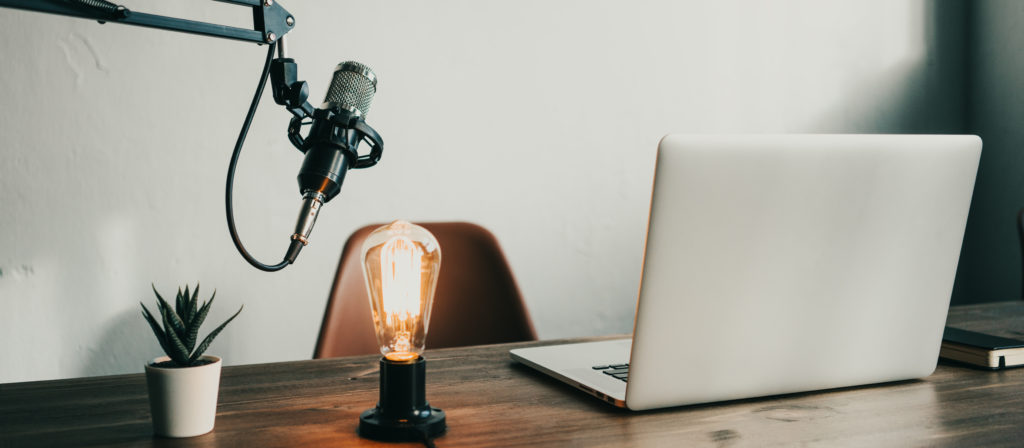As people receive the COVID-19 vaccination and cases across the country are in steady decline, daily life is looking more like before the pandemic hit in March of last year. But we know through research and experience that the mental health impact of natural disasters such as the pandemic long outlast the physical impact, and due to the longevity and intensity of COVID-19, experts say we may be dealing with the aftermath for years to come. In this episode of our podcast, Healing Choices: Conversations on Addiction & Recovery, Mel Taylor and Lori Fiester discuss how natural disasters affect us, and how we can help those struggling with substance use and other mental health disorders in the wake of COVID-19 and other disasters.

Podcast: Play in new window | Download (Duration: 24:25 — 33.6MB) | Embed
Subscribe: Apple Podcasts | Spotify | TuneIn | RSS | More
